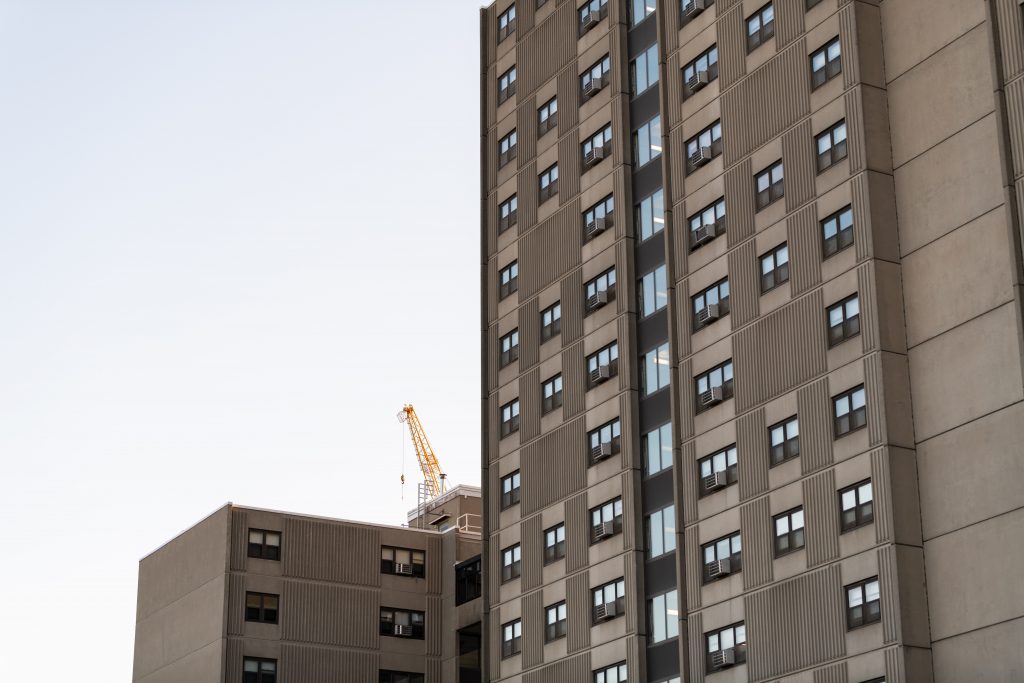
Landlords across the UK are showing their support for policies ensuring minimum housing standards, according to a new survey conducted by the Paragon Banking Group. The results of the survey show that the majority of Landlords believe that all rental properties should meet a set of minimum standards to ensure safe and comfortable living conditions for tenants.
The standard would include requirements for heating, insulation, and ventilation, as well as basic amenities such as running water and working appliances.
This marks a significant shift in attitude among Landlords, who have previously been resistant to government regulations and requirements for rental properties. Showing that they clearly recognise the importance of providing safe and comfortable homes for tenants.
Commenting on the survey results, John Heron, managing director of mortgages at Paragon, said: “It’s clear from our research that the majority of landlords are supportive of minimum standards for rental properties, and this is a positive step for the sector as a whole.”
Heron added that the survey results reflect a growing recognition among Landlords that good quality housing is essential for the success of the private rented sector. He also noted that many Landlords are already investing in their properties to meet or exceed minimum standards.
The findings of the survey have been welcomed by housing campaigners, who have long called for greater regulation of the private rented sector. The government is currently considering proposals for a new minimum standard for rental properties, and the survey results may provide additional support for these efforts.
Overall, the survey suggests that Landlords are increasingly recognising their responsibility to provide safe and comfortable homes for tenants. By supporting minimum housing standards, Landlords can help to improve the reputation of the private rented sector and ensure that tenants have access to high-quality rental properties.



